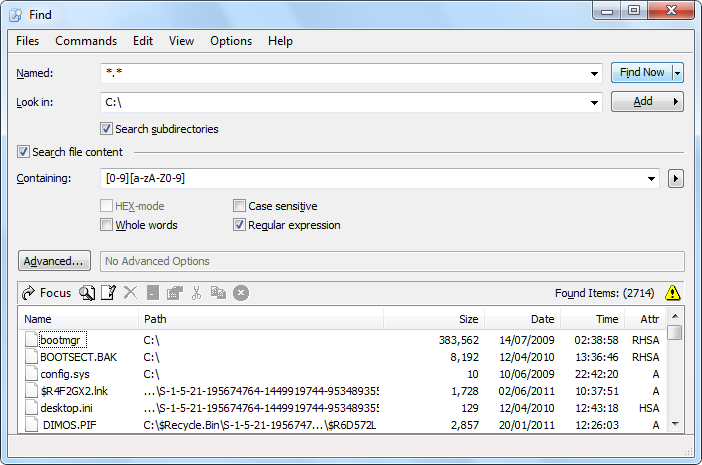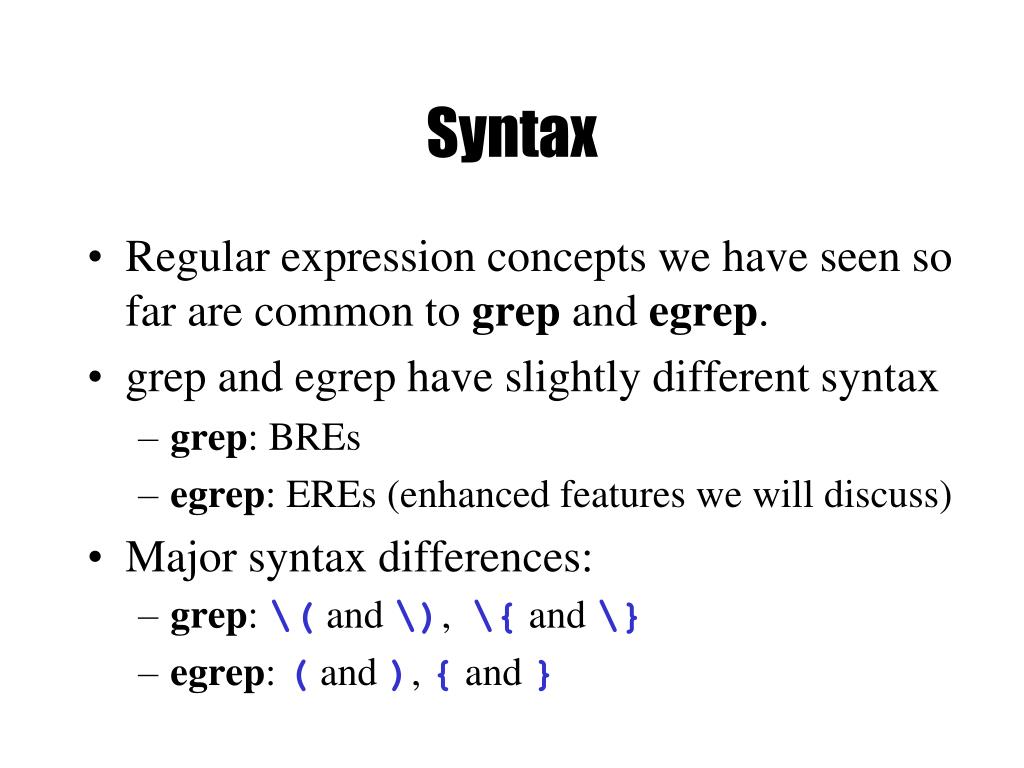


A string of text can be further defined as a single character, word, sentence or particular pattern of characters. Regular expressions in grep Linux are highly versatile and concise ways to match a 'string of text. Regular Expression provides an ability to match a string of text in a very flexible and concise manner. In an ordinary command window, not your shell, list the environment variables. It is an excellent option for compact systems with constrained resources. as previously mentioned - the dot is a wildcard character, and the star, when modifying the dot, means find one or more dot ie. If you want in regular expressions to act as a wildcard, you need to use. That does a real replacement and it allows to change the order (or to repeat). Busybox Grep Command: This is a simplified version of grep that is a part of the Busybox toolkit. However, in regular expressions, is a modifier, meaning that it only applies to the character or group preceding it. In my opinion, all it needs to be is simple, one character, either an space, a dot, or a dash. Well, actually, several spaces in lazy mode (*?). (optionally (`?)) followed by space (well, really (from man pcrepattern): The default \s characters are now HT (9), LF (10), VT (11), FF (12), CR (13), and space (32)). The regex you are using seems too complex to only match one charater in the middle, either a -, a.


 0 kommentar(er)
0 kommentar(er)
